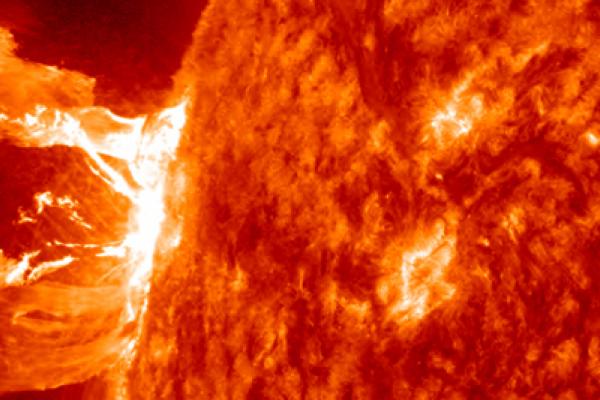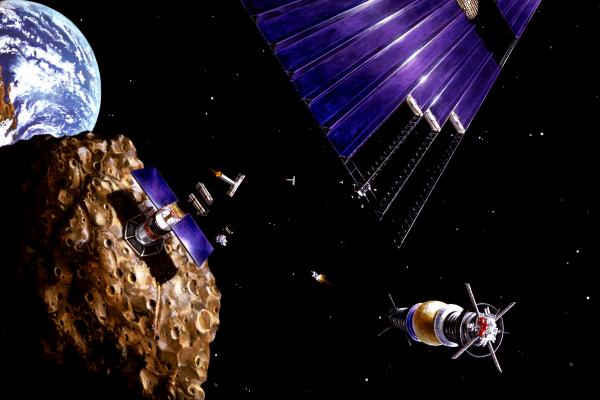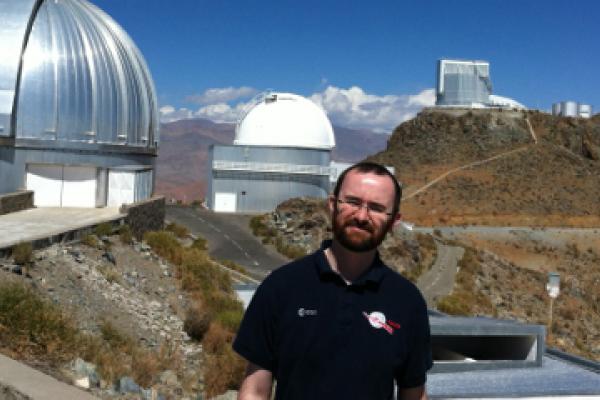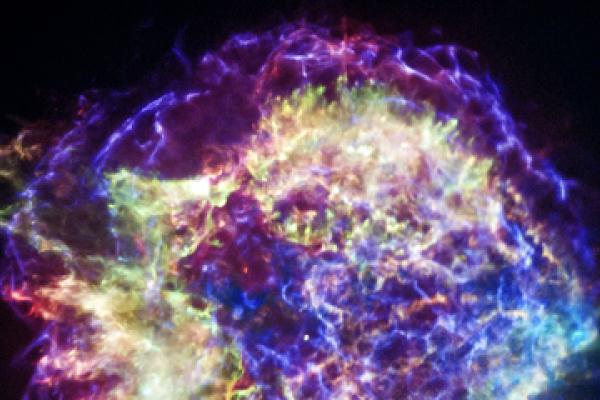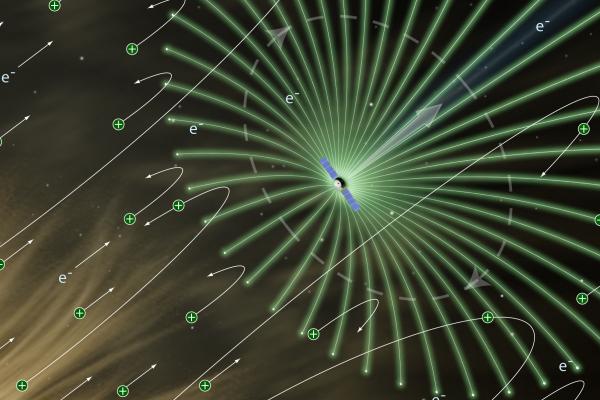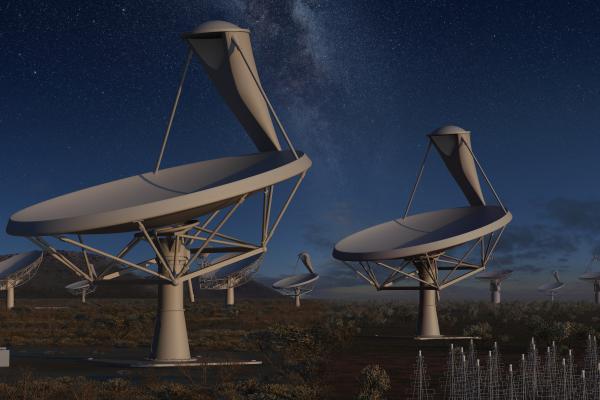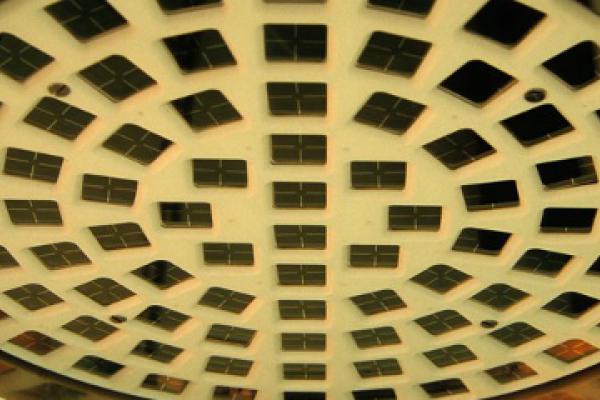Orbiting observatories and advances in solar physics are producing the first forecasts of weather in space, and better predictions could help protect frequent flyers, electricity grids and an…
Researchers are preparing for missions to capture asteroids and bring them closer to the earth, where they could one day be mined and even provide a source of fuel for interplanetary spacecraft.
The Philae probe landing on comet 67P/Churyumov–Gerasimenko on 12 November was awe-inspiring, but the main science phase of Rosetta is yet to come, said Dr Colin Snodgrass, the coordinator of the…
The Large Hadron Collider (LHC), the world’s biggest particle smasher, will look for known unknowns such as dark matter, but also for so-called unknown unknowns that researchers have little idea…
An experiment performed at a UK laboratory has recreated a supernova in miniature to settle a longstanding mystery about how some of these explosions travel through space.
A solar sail the size of almost 60 football fields could be one of the fastest ways across the solar system, as long as it is made out of microscopic charged wires.
Lightweight magnetic shields could be the best way to protect an astronaut from deadly radiation as they travel to Mars or beyond.
The planned Square Kilometre Array telescope, a radio telescope to span two continents, could be instrumental in finding intelligent alien civilisations within our lifetimes, according to Dr Seth…
A solar sail almost four times the size of the city of Paris could be one of the fastest ways across the solar system, as long as it is made out of microscopic charged wires.
A new wave of researchers is setting out to help shed light on the unseen forces shaping the universe, and keep Europe at the forefront of experimental cosmology.





